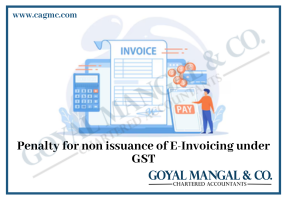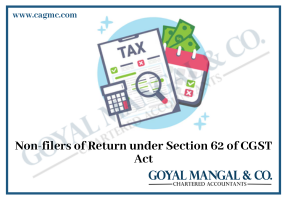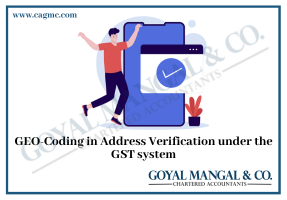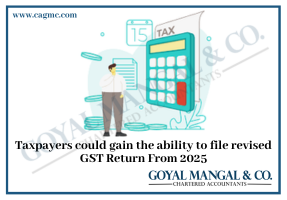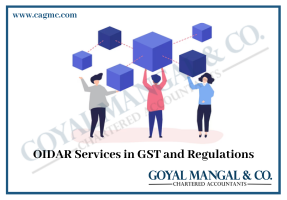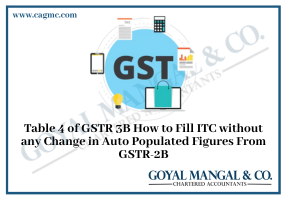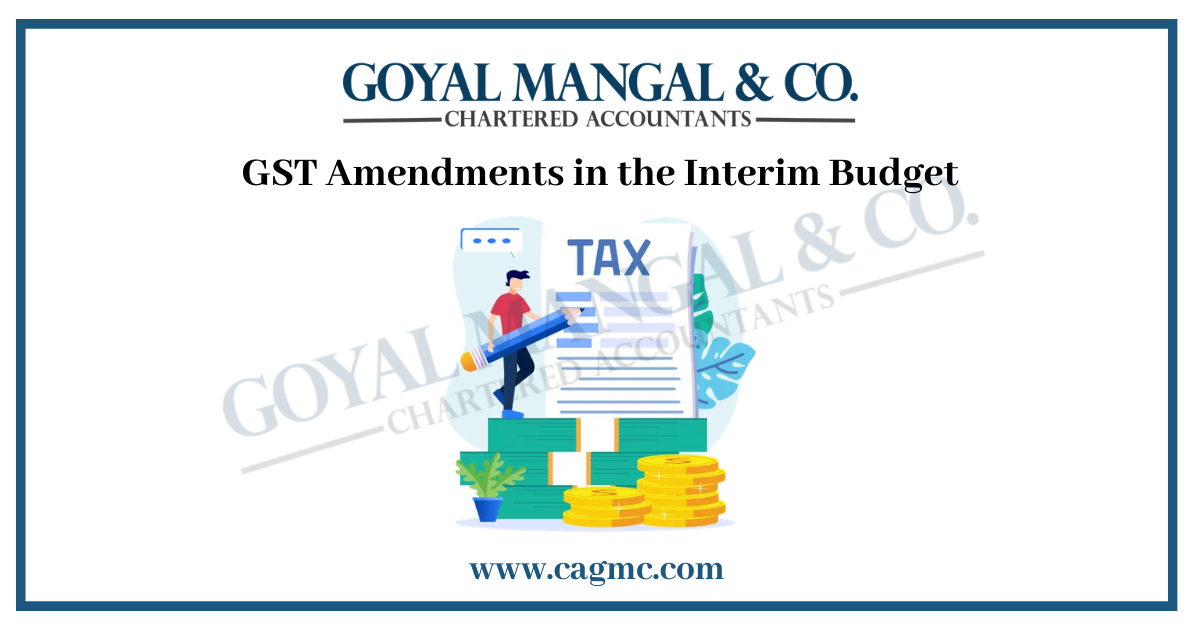
GST Amendments in the Interim Budget: Budget Day is a highly awaited occasion in India, where both enterprises and the common people anxiously anticipate comprehending the programs and Endeavours that may offer them potential advantages. In consideration of the upcoming elections, the Interim Budget 2024 has been replaced with an Interim Budget for this year. However, the respected Finance Minister, Smt. Nirmala Sitharaman has successfully implemented various schemes and welfare programs, which have pleased the general public. On February 1st, 2024, the finance minister declared that the central focus of this year’s Budget would be titled “Developed India Budget 2024. Let’s get to know about changes done in Goods and Service Tax in this interim budget.
Changes in GST as per Interim Budget:
Three major changes in GST announced in Interim Budget are:
- Input Service Distributor (ISD) includes invoices issued on reverse charge mechanism basis and invoices from different individuals for distribution.
- The implementation of the ISD mechanism is now obligatory.
- A fresh penalty section has been added for the producers of Pan Masala, Gutka, etc.
ISD includes invoices issued on reverse charge mechanism basis and invoices from different individuals for distribution:
The modification of the definition of ISD in Section 2(61) and Section 20 of the CGST Act is responsible for introducing this alteration. This change is a good thing because it involves adding RCM invoices, which allows for the fair distribution of the Input Tax Credit (ITC) generated at the branch level to other branches. In addition, ISD is now able to allocate Input Tax Credit (ITC) to group companies that share the same PAN number, which are considered separate entities under the Goods and Services Tax (GST) system. This allows for a centralized gathering and dispersal of ITC among a cluster of companies, facilitating smoother business operations.
The implementation of the ISD mechanism is now obligatory:
The circular issued on 17th July 2023 (Circular 199/11/2023-GST) has clarified that the ISD mechanism has not been obligatory until now. The government has contradicted the opinions expressed by CBIC in this circular by replacing section 20 and enforcing the requirement for individuals who receive tax invoices with ITC from other branches at a central location to obtain separate registration under clause (viii) of section 24. These individuals will no longer be permitted to issue invoices to other branches.
A fresh penalty section has been added for the producers of Pan Masala, Gutka, etc.
Section 122A of the CGST Act, 2017 has been implemented in order to enforce penalties for non-compliance in registering specific machines involved in the production of goods, following a particular procedure. On July 31, 2023, the Central government released a document titled “30/2023” which outlined a unique process for the production of Pan Masala, different types of tobacco, and other products. The text includes a timetable for outlining specific information about packaging machines, particular documents that need to be kept, and special monthly reports that must be prepared and sent to the government within the designated time mentioned in the notification. Individuals who are obligated to adhere to the guidelines outlined in NN 30/2023 (mentioned above) may be subject to a penalty if they violate these procedures.
Important points to be noted:
- This additional penalty will be imposed together with the penalty stated in Chapter XV (which includes section 73 to sec 84 of CGST Act, 2017), or the penalty specified in Chapter XIX (which includes section 122 to Sec 138).
- A fine that is equivalent to a sum of money in Indian Rupees. A fine of 100,000 will be enforced for each unregistered machine.
- In addition to being penalized, machines that are not registered may be subject to seizure and confiscation. Machines cannot be confiscated unless a penalty of Rs is imposed. A payment of 100,000 must be made or the machine needs to be registered within 3 days after receiving the penalty order.
Takeaway
GST Amendments in the Interim Budget: The government wants to make things easier for companies by simplifying compliance and offering help to specific industries. Government encouraging digital solutions plays a big role in these changes. These measures are meant to bring stability and encourage investment during uncertain times. The overall goal is a stronger economy that benefits everyone! Remember, these are temporary changes, and further developments might come in the full budget later this year. But for now, the focus is on supporting businesses and promoting growth.
